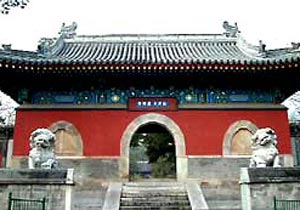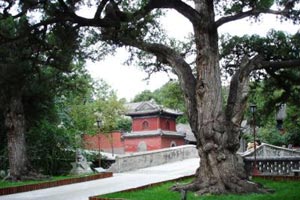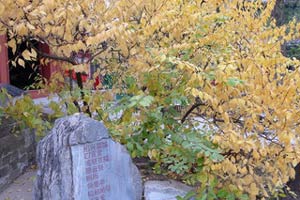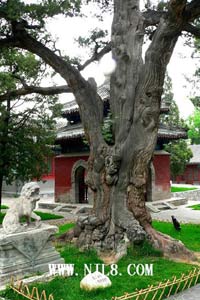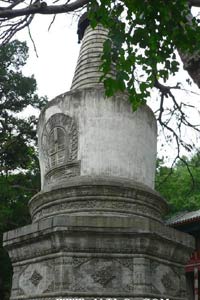mountains, stunning beaches, glorious food and historic cities
It's so easy to think that you know Spain. But when you begin to explore the north, suddenly you have to think again. Up here, it's magnificently different from the many charms of the south. Asturias and Cantabria, famed for their mountain wildernesses, evergreen forests and meadows, are known together as España Verde - Green Spain. Asturias, a beautiful region protected for centuries by the mountains and the sea, has a strong culture and even its own language.
The climate around here is far more temperate than the rest of Spain, resulting in dense woodland, flowering meadows and rich grazing land. Likewise, the vast Castilla-León region, which stretches across Spain north of Madrid, features spectacular countryside as well as a string of historic cities.
Then there's La Rioja, one of the prettiest regions in Spain. The area is sunny in spring and summer but not scorching, which makes it great for walking or cycling along vineyard-flanked paths. Riojan cuisine ranks among the best in the country, and the wine, of course, is world-renowned. The region's main attraction for outdoor types - the Picos de Europa national park - is a hill-walker's dream that lies on the border of Asturias, Cantabria and León.
The Camino de Santiago pilgrim trail, which runs through the region, can be easily accessed for short hikes. In Cantabria, the Pas Valley is so vividly green it's like bathing your soul in chlorophyll. In fact the whole region offers abundant opportunity for climbing, kayaking, biking and hiking.
It's great driving country too. On northern Spain's Atlantic coast lie some fabulous beaches, which are linked by fishing villages and seaside towns with family-run hotels and upmarket restaurants.
All regions are renowned for their hearty, meaty food, including some of the finest hams you'll ever taste, a trove of cheeses and an ocean-full of fish dishes. Around 40 different artisan cheeses are produced in the Asturias area alone, many of which are never exported to other parts of Spain, let alone abroad.
Right across the area, there's art and architecture that spans the entirety of human expression, from prehistory, in the shape of cave paintings in Cantabria and Asturias, to cutting-edge modern, such as Frank Gehry's wild hotel in La Rioja. In between, there's a host of religious architecture, including a wealth of pre-Romanesque churches, thanks to the Moors' early expulsion from these lands.
These northern regions may be new to many Britons but the area has been quietly building up its rural tourism network. There are casas to rent and chalet camping for families, hotels that range in style from simple country spots to stately Paradores, and a whole new generation of boutique establishments.
While northern Spain receives a fraction of the visitors clamouring to the Costas, it certainly knows how to receive those who choose to spend a holiday there. Northern Spain really is a lovely surprise.
